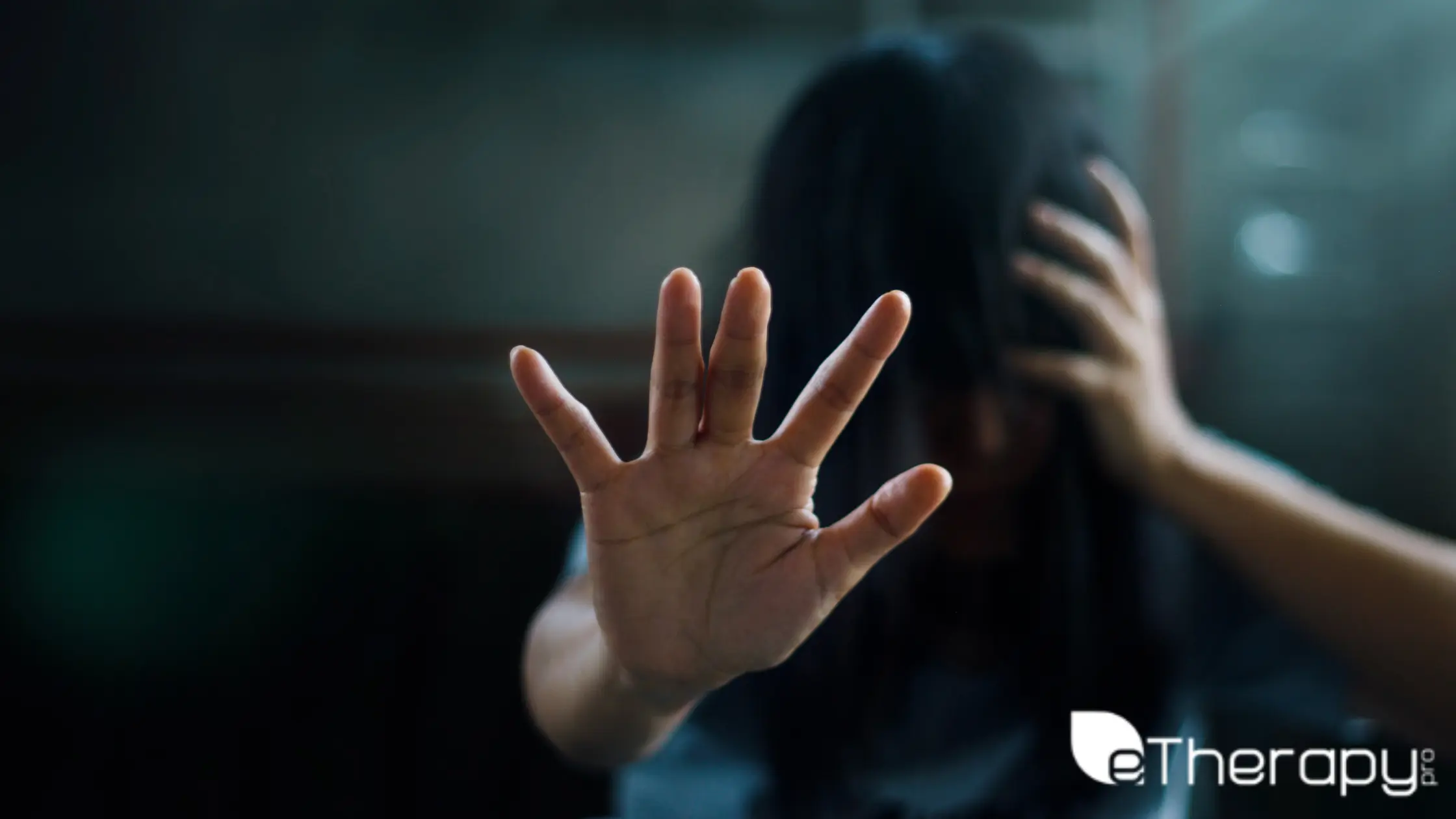Depression is one of the most famous mental disorders of the current generation. Thanks to the massive traction that depression has gained as a serious disease, research on curing and treating other major mental disorders has come underway.
After taking other mental disorders into account, scientists tend to find one disorder that can relate to depression, and that is PTSD.
PTSD comes under the larger umbrella of anxiety disorders but is very different from other types of anxiety disorders. PTSD or post-traumatic stress disorder is a very common disorder among war veterans or people who have suffered some emotional or physical trauma in their life.
PTSD and depression share many symptoms and under the right circumstances, a person with PTSD can also spiral into depression or vice versa. Some of the most common symptoms for both of these diseases are feelings of hopelessness, loss of appetite, feeling down, insomnia, fatigue, and addiction. The aforementioned symptoms are just a few of the many symptoms that people with PTSD and depression share, but they also have many significant differences.
Symptoms unique to PTSD include flashbacks, impulses from reminders about the event, continuous remembrance of events though you are trying to resist thinking about them, and keeping your distance from people, places, activities, or any other memorabilia that may link to the traumatic incident are just a few of the symptoms that someone experiencing PTSD can go through.
However, the real question boils down to how PTSD can lead to depression or vice versa. To better understand the relationship between PTSD and depression you must first understand that there is a difference between feelings of depression and experiencing depressive symptoms. An obvious reaction to an unfair situation or some other traumatic event would be to feel down or sad. That being said, people who experience depressive symptoms do so under the minutest of details and this often happens spontaneously.
It is very common for people who suffer from PTSD to experience depressive symptoms. Depression often takes on as a result of the guilt that someone faces due to the traumatic incidents that occurred and how they find themselves somewhat responsible.
When depression tends to combine with other forms of mental disorders, it can often turn into a very catastrophic situation for the patient. Experiencing depression during PTSD can lead to drug abuse, suicidal tendencies, and deterioration of one’s mental health.

